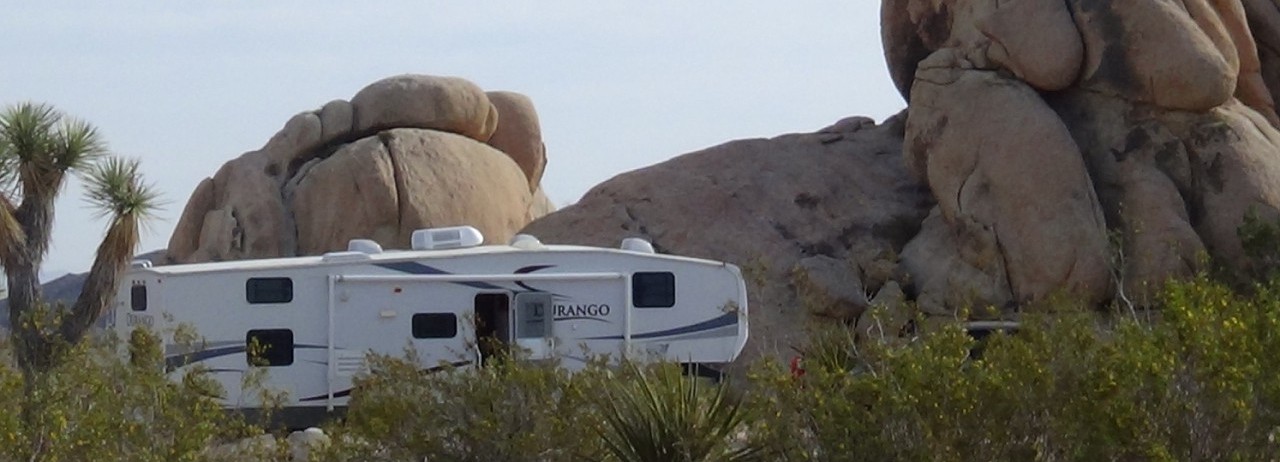Here is a place that I make some student-poets pretty angry. I’ll say it straight out—Song lyrics are not poems. OMG! Did I really say that? Then, depending on the generation, someone will respond: But what about:
Irving Berlin, Hoagy Carmichael, Ira Gershwin, Cole Porter, Bob Dylan, Paul Simon, John Lennon, Joni Mitchell, Leonard Cohen, Bruce Springstein, Tom Waits, Brian Wilson, Marvin Gaye, Sly Stone, Townes van Zandt, Alanis Morissette, Loretta Lynn, Emmy Lou Harris, Loreena McKennitt, Lauren Hill, LL Cool J, Eminem, Jay-Z, Kanye West, Thom Yorke, and add your favorite.
So many great lyrics that are meaningful to us! How can I say that they are not poetry? Well, of course, they are poetry. The best songs use all the tools of the best poetry: interesting rhythms, great emotion, alliteration, metaphor, personification, clever rhymes, point of view and persona. But, as I have mentioned, with the advent of the printing press, poems became divorced from song and oral performance. Poems still continued to highlight “music,” but it was the music of the words, the sentence rhythms and the use of vowels and consonants.
And, for good or ill, one of the effects of this “page poetry” is that it allowed repeated readings fairly quickly. So all stuff that English teachers teach: looking for the secondary meanings and such became more important. Songs, generally, can be understood on the first hearing. Contemporary poetry does not aspire to that. If you can understand it on the first reading, it does not invite a second or third or fourth reading. Great poems invite/demand repeated readings.
Also, songs do all sorts of tricks that poems can’t get away with—like repeated lines. Do we really think that the following lyrics are a great poem?
You can’t always get what you want.
You can’t always get what you want.
You can’t always get what you want.
But if you try sometime
You just might find
You get what you need.
Compare your reading of this poem out loud—without singing it and doing that funky little two syllable pronunciation of “want”—with your reading aloud of “The Road Less Travelled.”
I also suggest, for instance, that you look up Loreena McKennitt. She writes her own songs, but she also takes “great poems” by Shakespeare and Yeats and others and sets them to music and sings them. My feeling is that her original songs are better as songs than the poem set to music. My opinion. You may agree or disagree, but I think you will see how there is something different between her two kinds of songs.
Next is vocabulary. Pop song lyrics tend toward really simple basic words.
Next is density of image: Pop song lyrics tend toward quick basic images with one or two emotional textures.
Next is syntactical variety: Pop song lyrics tend toward a basic repetitious line length in which the sentence fits neatly.
ll this said, of course, there are great lyrics that stand up next to the great poems. There are very clever rhymes, particularly in rap and hip hop. There is variety of line length and abandonment of rhyme—something I have noticed Bono does. I admire Paul Simon’s simile: “The Mississippi Delta shining like a National guitar” and his alliteration “the boy in the bubble and the baby with a baboon heart.”
When I first started writing poetry in high school, my heroes and models were Donovan and John Lennon and Paul McCartney. This was fine, but finally, we all have to admit that we are writing poems not songs, that no one will sing them (unless something odd happens—it happens to very few of us), and that we are writing for people who will read our work. Luckily, I also had Shakespeare, Wordsworth, and, thank God, Walt Whitman. And now we have everyone from Homer to Tony Hoagland and Mary Oliver. So I would say, if you want to write poems, read and imitate poets.
If you want to write song lyrics, read and imitate songwriters. There is even a course for that in ACC’s Creative Writing department. And I think if you walked in song lyric class with poems like T. S. Eliot’s or Robert Frost’s or e e cummings, they would tell you to loosen up—the poems are too dense for pop songs.
To summarize: a song lyric is a song lyric; a poem is a poem. They are different beasts. What they share is the techniques of poetry. So both are poetry, but they aren’t the same things. In the long run, this is a class about writing poems.
